Eating organic produce has so many varying benefits. Eating organic leads to better overall health, stronger immune systems, and less illness. But one downside of organic food is that it can be expensive. Luckily, with organic gardening, you can get all the benefits without the high costs.
If you’re focused on a healthy life fueled with organic food, growing your own food is one of the best moves you can make.
Through organic gardening, you have complete control over what goes into your food so you can guarantee that you’re eating fresh, non-GMO, and pesticide-free produce that’s great for you. And you get to save on groceries too. But the benefits don’t stop there. Read on for all the benefits of organic gardening and how easily you can get started on your own.
What Is Organic Gardening?
With a rise in health concerns and a shift to healthier eating, you’ve probably heard the word organic more lately. But what does it mean when it comes to gardening?
For gardening, organic means growing with nature's natural ingredients. Organic gardening is growing without the use of pesticides, herbicides, or synthetic fertilizers. In commercial farming, there are intricate rules and regulations put into place for what foods can be labeled as organic or not. But when you take matters into your own hands, growing organic food is a lot simpler, and the benefits are so worth it.
Benefits of Organic Gardening
Risk-Free Eating
With organic gardening, you know exactly what you’re getting. You know what kind of seeds you’ve planted and their quality, the health of the soil used, and most importantly that nothing detrimental to your health has entered the growing cycle.
Increased Overall Health
Synthetic fertilizers, pesticides, and herbicides have been linked to an innumerable amount of health implications. When you opt for organic gardening, you reduce your intake of fertilizers, pesticides, and herbicides and boost your overall health.
The list of health detriments associated with synthetic fertilizers, pesticides, and herbicides goes on and on:
Organic gardening gives you fertilizer, pesticide, and herbicide free food so you can avoid their link to these awful health problems.
Stress Reduction
While there are important benefits to the produce you reap from organic gardening, the process of gardening has benefits too. Stress is a huge problem in our society, and it has so many health implications.
Spending time in nature, as you do while gardening, has been shown to be a great stress reducer.
More Vitamin D
Vitamin D
A lack of Vitamin D has been associated with multiple types of cancer, bone density problems, type 1 diabetes, joint and muscle pain, heart attacks and more. What’s a great way to make sure you’re not deficient in Vitamin D? Spend some time in the sun. A short 20 minutes outside in the sun boosts your Vitamin D to optimal levels, and when you spend that short time gardening, you get so much more than just a vitamin boost.
Lower Grocery Costs
As we mentioned before, organic produce can be expensive. In fact, many people avoid organic produce because they say it’s too expensive. But the benefits of organic produce are too good to miss out on, and a great solution is to find a way to reduce the costs of organic produce.
The best way to eat organically without the high grocery bill is through organic gardening. Once you get your garden started, which doesn’t cost all that much, you essentially have a free or low-cost source of high-quality organic produce.
Increased Happiness
Science has proven that certain bacteria that naturally occurs in soil acts as a natural antidepressant. Organic gardening allows for produce to grow without killing off these bacteria with synthetic fertilizers, pesticides, and herbicides, which means you get to feel happier.
Increased Movement
Organic gardening also gets you up and moving. When you know the benefits of organic gardening and taste the amazing produce your plants’ yield, you’ll be eager to take care of your garden. This means you’ll spend more time active and outside. So if you could use some increased movement, but are just not a fan of the gym, organic gardening is a great way to get you moving with a purpose.
Healthier Environment
While there are a lot of anthropocentric benefits to organic gardening, the environmental benefits shouldn’t be overlooked. The synthetic fertilizers, pesticides, and herbicides used in conventional growing negatively impact environmental health too.
Chemical pesticides kill both beneficial and harmful organisms and have been linked to negative impacts on bees, butterflies, and other important pollinators we need to grow food. These pesticides are even thought to be a driver behind bee colony collapse.
The synthetic fertilizers, pesticides, and herbicides don’t just go into our soil and food; they penetrate our groundwater leading to high toxicity levels. These products also get washed off as runoff, ending in streams and oceans, polluting environments close and far.
Organic gardening is good for you and the environment, and it’s easier to start than you think. Read on for how you can get started.
How to Start an Organic Garden
Gather Your Materials
Before you get started in your organic garden, it’s a good idea to have all the materials you need. This way, once you get going, you don’t have to stop to go out and buy missing materials.
[amazon box= “B07VBP3WW9,B07WGXM895,B07943XW96,B01EIOXTLK” template=”table”]
Here’s what you’ll need to start an organic garden:
While it’s a good idea to get all high-quality materials for optimal ease, it's essential to buy high-quality seeds. There are lots of sources for 100% organic and non-genetically modified seeds, so look around and pick the best ones. The same goes for seedlings.
A great thing about organic gardening is that once you get your first round of seeds, you won’t really need to buy more. You can just use seeds from your existing plants for future planting.
Planning Your Garden
Once you’ve got all your materials, plan out your garden to make the whole process easier by picking the best site. You can grow an organic garden anywhere from your windowsill to your yard; it just depends on what you’ve got to work with and what your garden goals are.
[amazon box= “B01B590GMQ,B00NY0CULA,B01N8P1AFO” template=”table”]
If you’re growing in a yard or open space, focus on your size goals and pick an optimal location. You want to pick a spot that will get the right amount of sunlight for the crops you want to grow. You also want an area that has draining abilities, so your plants don’t get flooded.
Picking Your Produce
For optimal growth, it’s important to pick plants that will grow best in the conditions of your site. Pick the plants that will work best in your overall garden, and in specific parts of your garden based on moisture, drainage, light, and soil quality.
[amazon box= “B01N5NG0OY,B01N6OVJAP,B071KLKSSX,B01N8Q0KGC,B004FCX9HK,B00LQ6ULMO,B012TXIVAQ,B07KT4KGT8,B00697LZA2″ template=”table”]
If this is your first time gardening or organic gardening, you can try starting out with these easy to grow plants:
Prepare Your Soil
Once you’ve got the perfect garden site picked, it’s time to get your soil ready. Different soils have varied nutrient levels and components, and these all affect the plants you grow, so it’s important to test your soil for quality.
Using your test kit will give you the best information on your soil composition, but if you want, you can try testing your soil by hand too. To do this, grab a handful of soil and give it a tight squeeze. When you open your hand, an optimal quality soil will keep its shape and crumble when you gently poke it.
Whatever soil you’re working with, it’s important to give it a nutrient boost before you plant. For the best growing soil, mix in some compost, manure, and leaf and grass clippings. If you don’t have enough soil, you can also purchase some organic soil.
Get Planting
The last step of starting an organic garden is the best part! Now you get to start planting. If you're planting seedlings, dig a hole that’s as deep as and twice as wide as the roots, place your plant in the hole and fill with the soil you removed. For seeds, you don’t have to dig as deep or wide.
It’s a good idea to keep similar plants grouped together to reduce weeding and watering waste. It’s also a good idea to keep space between your grouped rows to increase air circulation and reduce fungal growth.
[amazon bestseller=”organic fertilizer” items=”4″]
Conclusion
Organic produce has so many health benefits for you and the environment, and the best way to eat organically without the high cost is through gardening organically. Now that you know the benefits of organic gardening and how easily you can start your own, you’re well on your way to better overall health and happiness while helping the planet too.
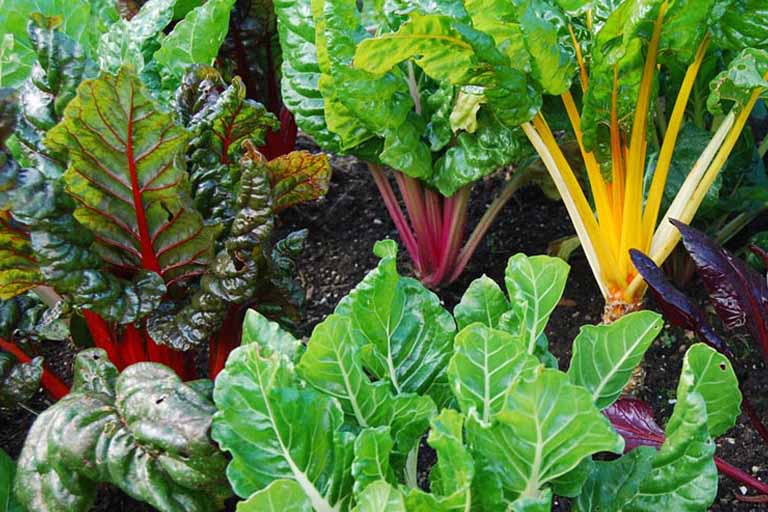
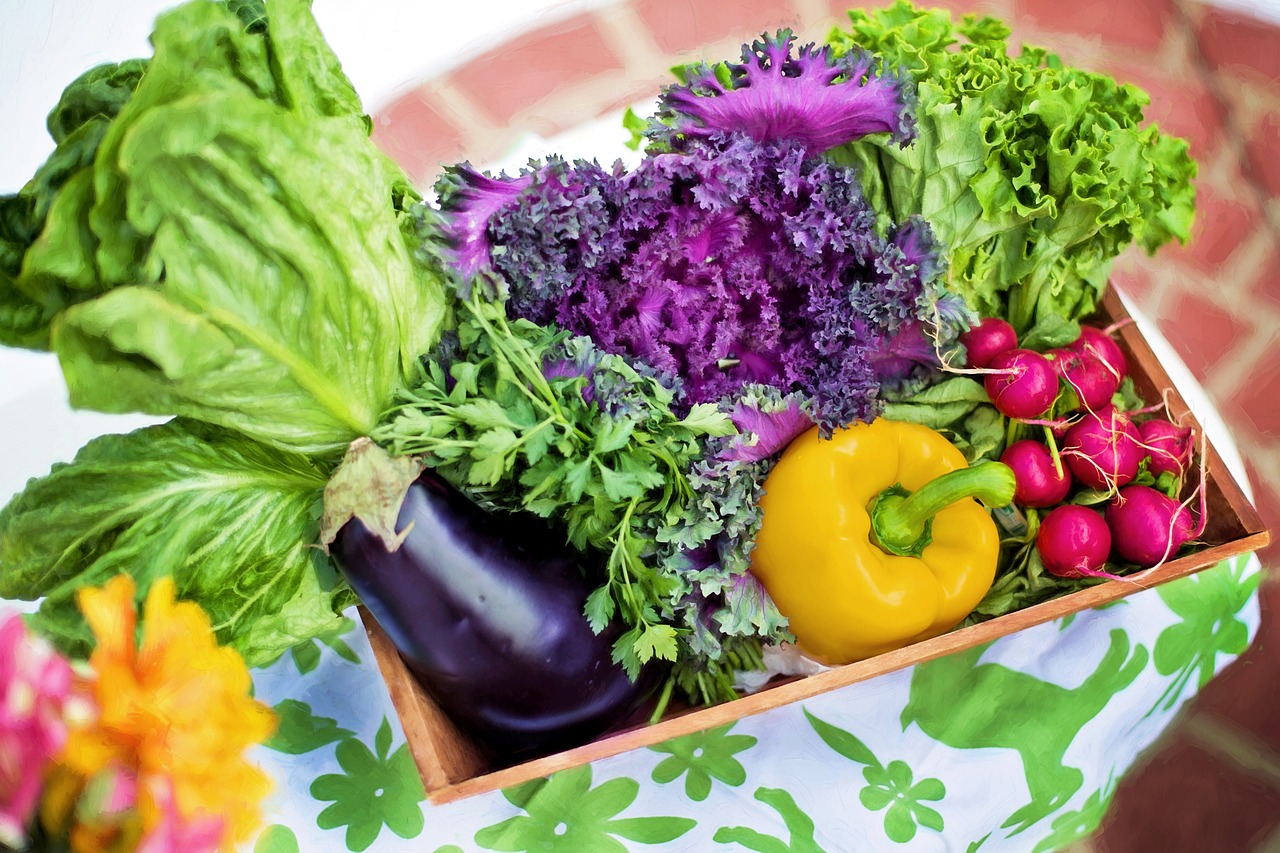
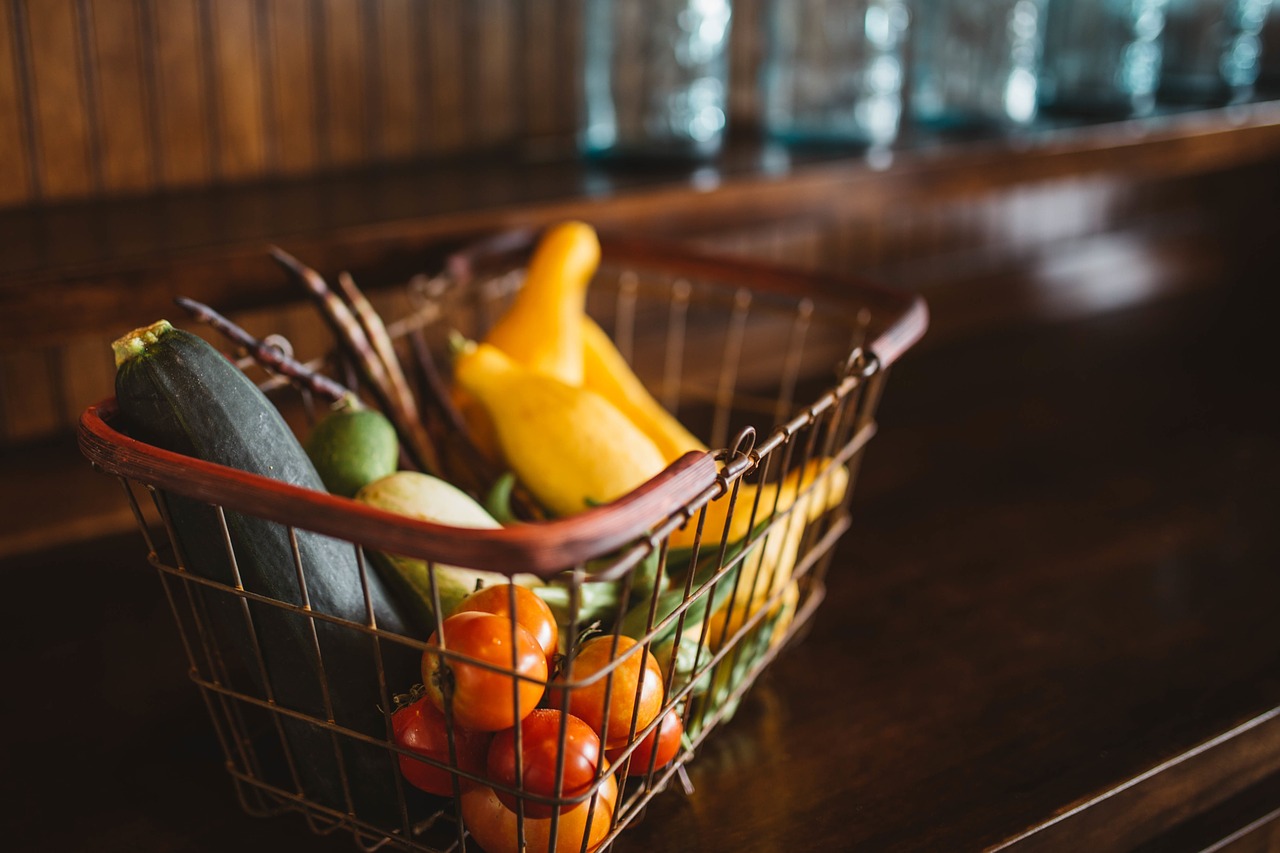
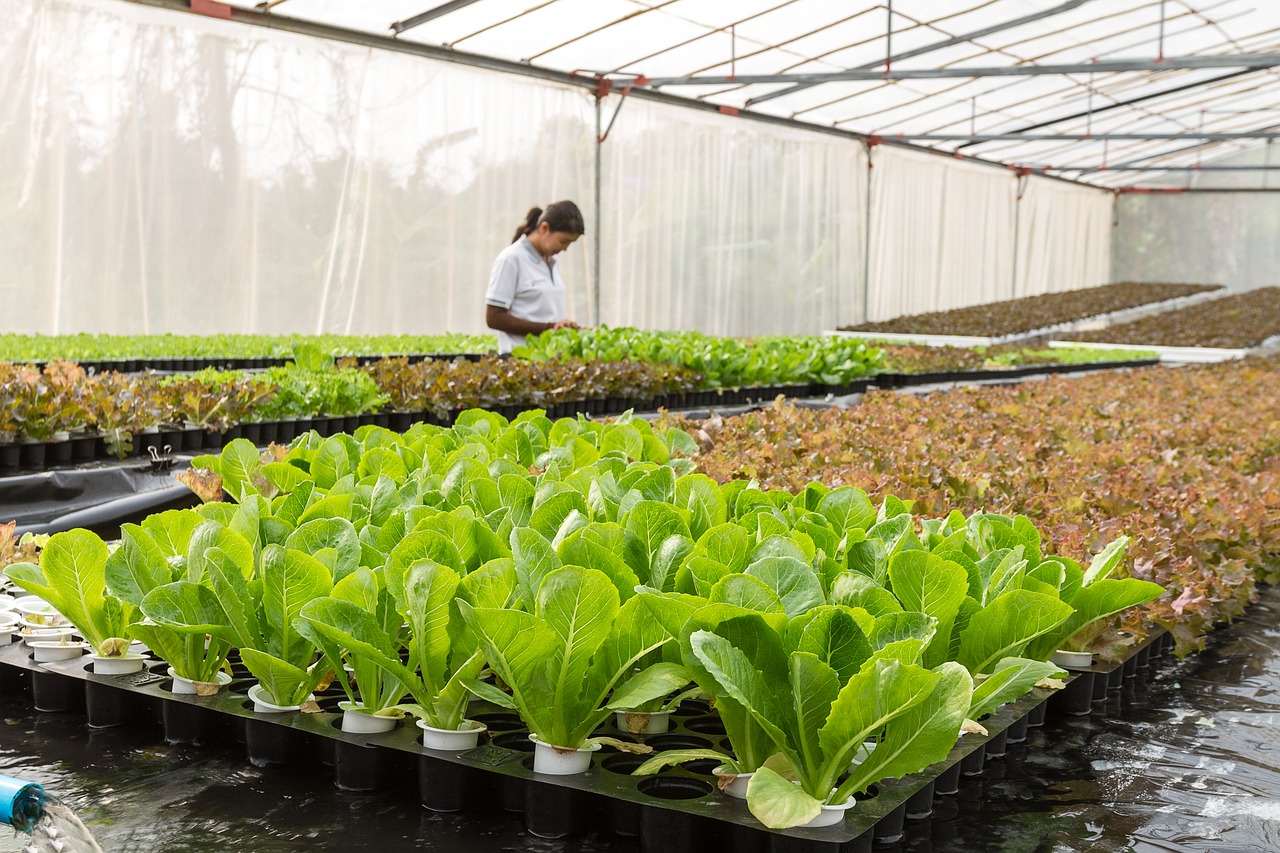
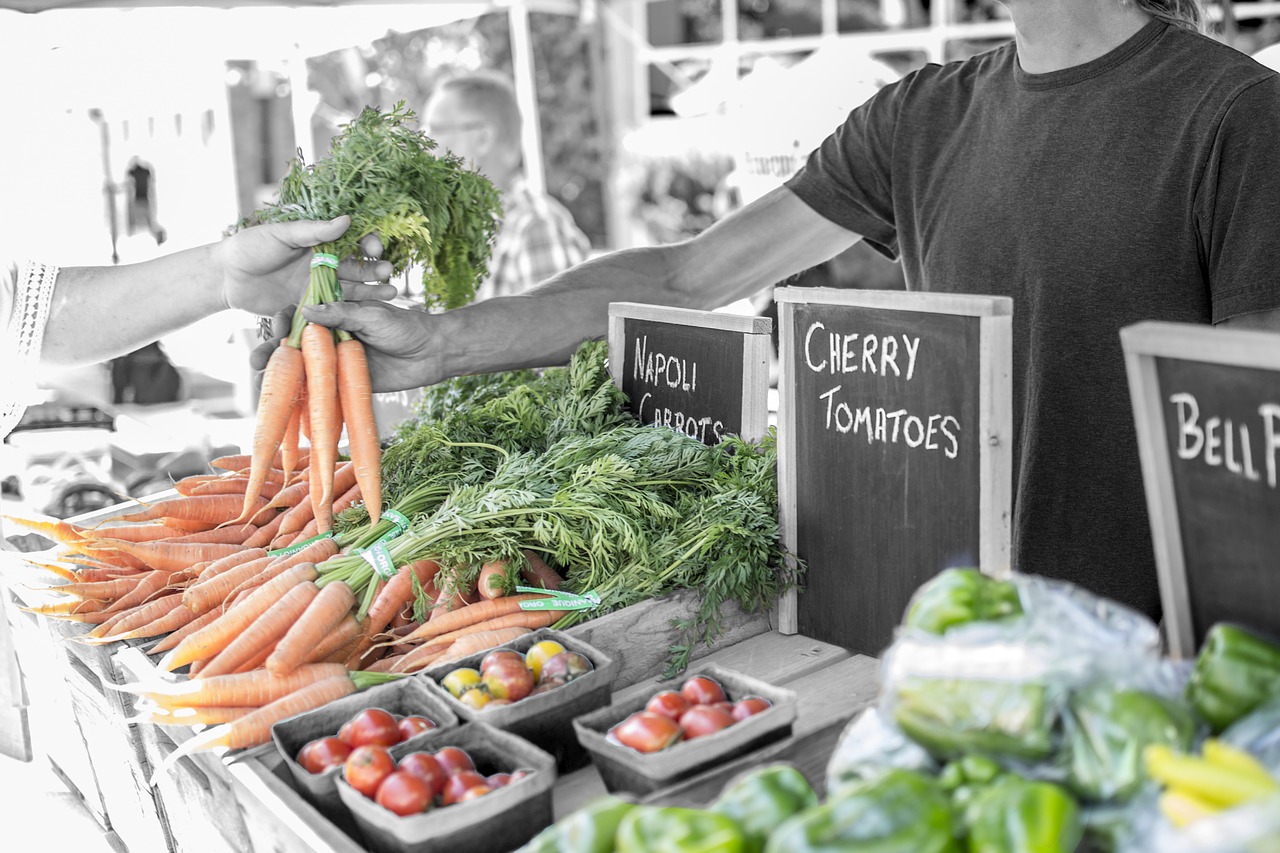
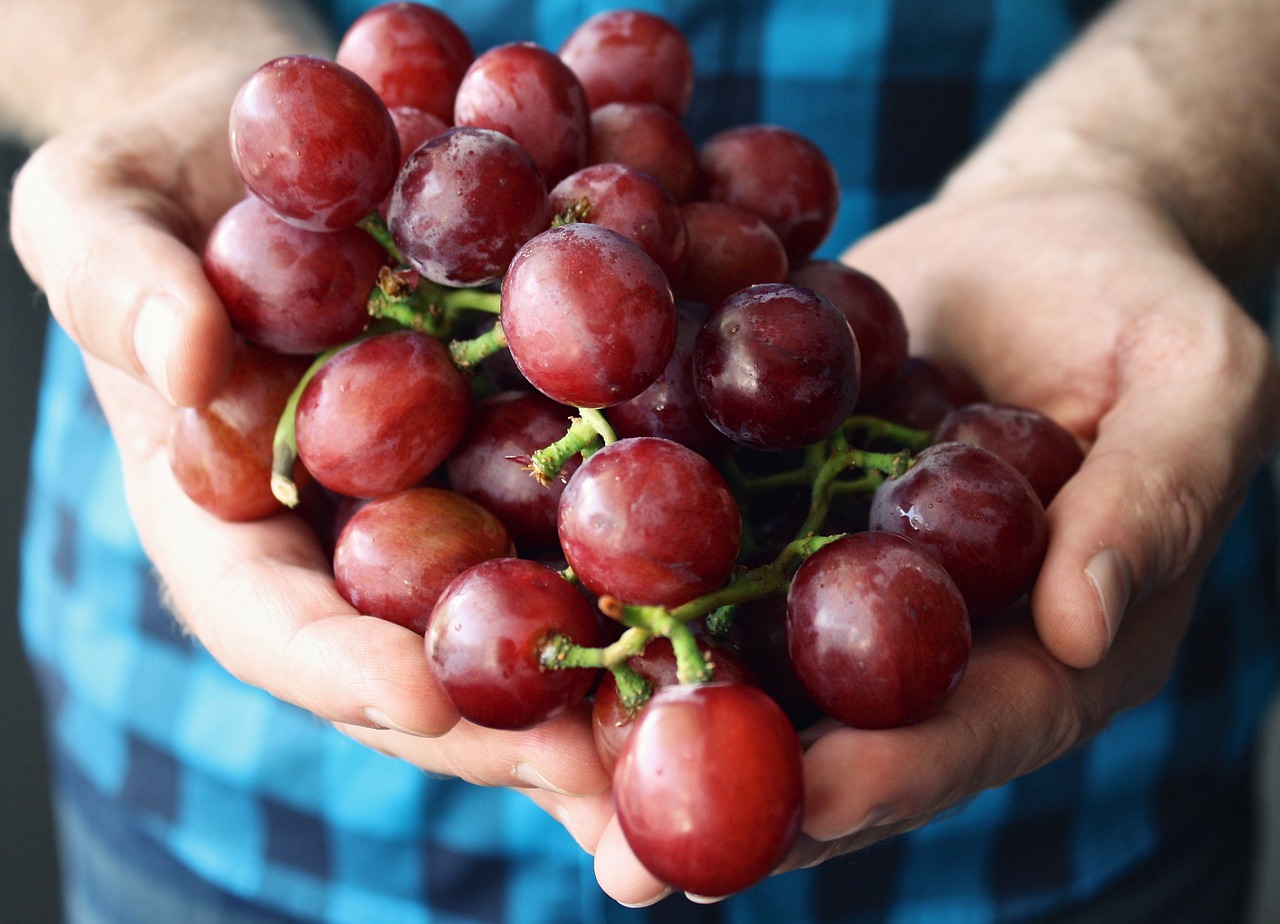
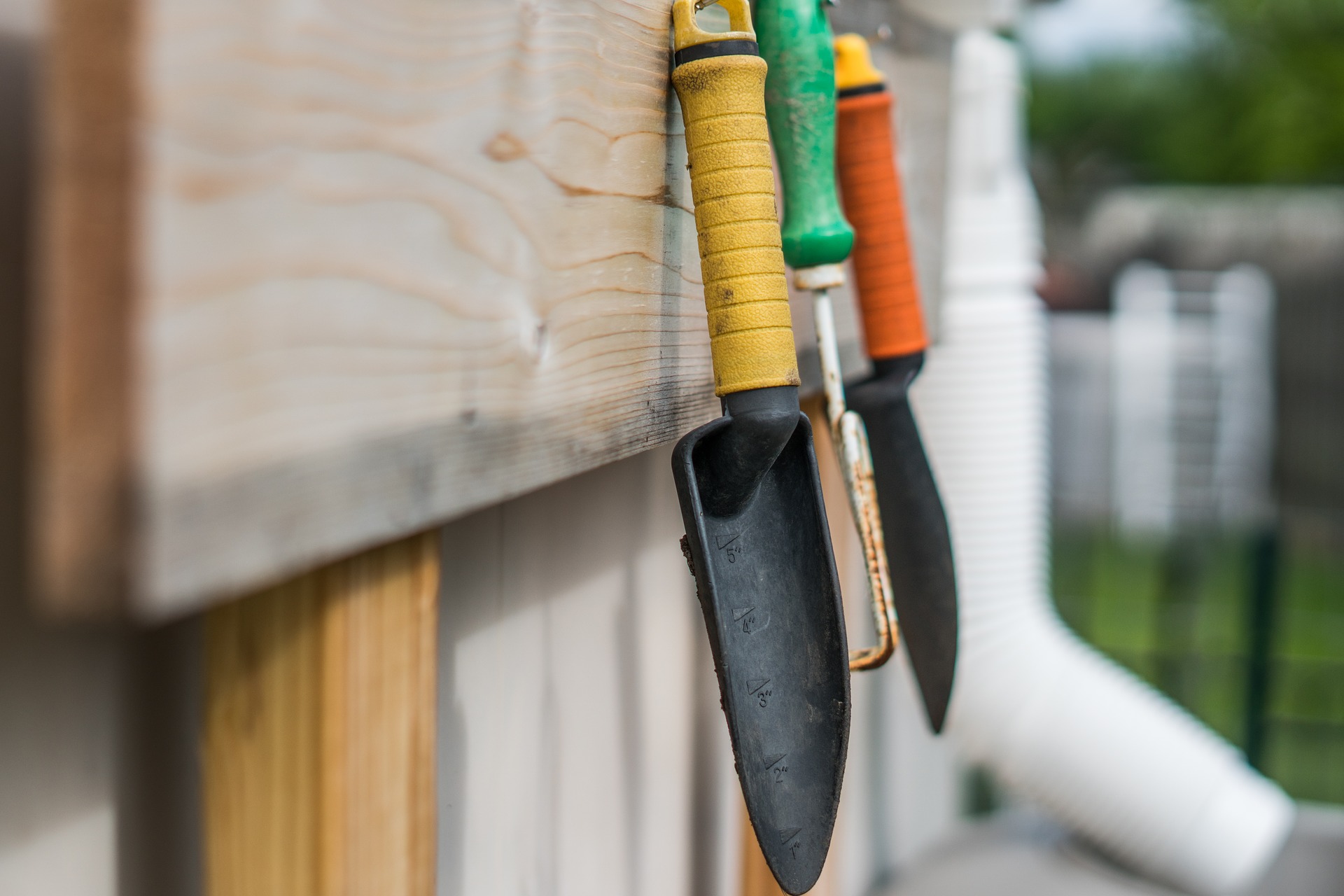
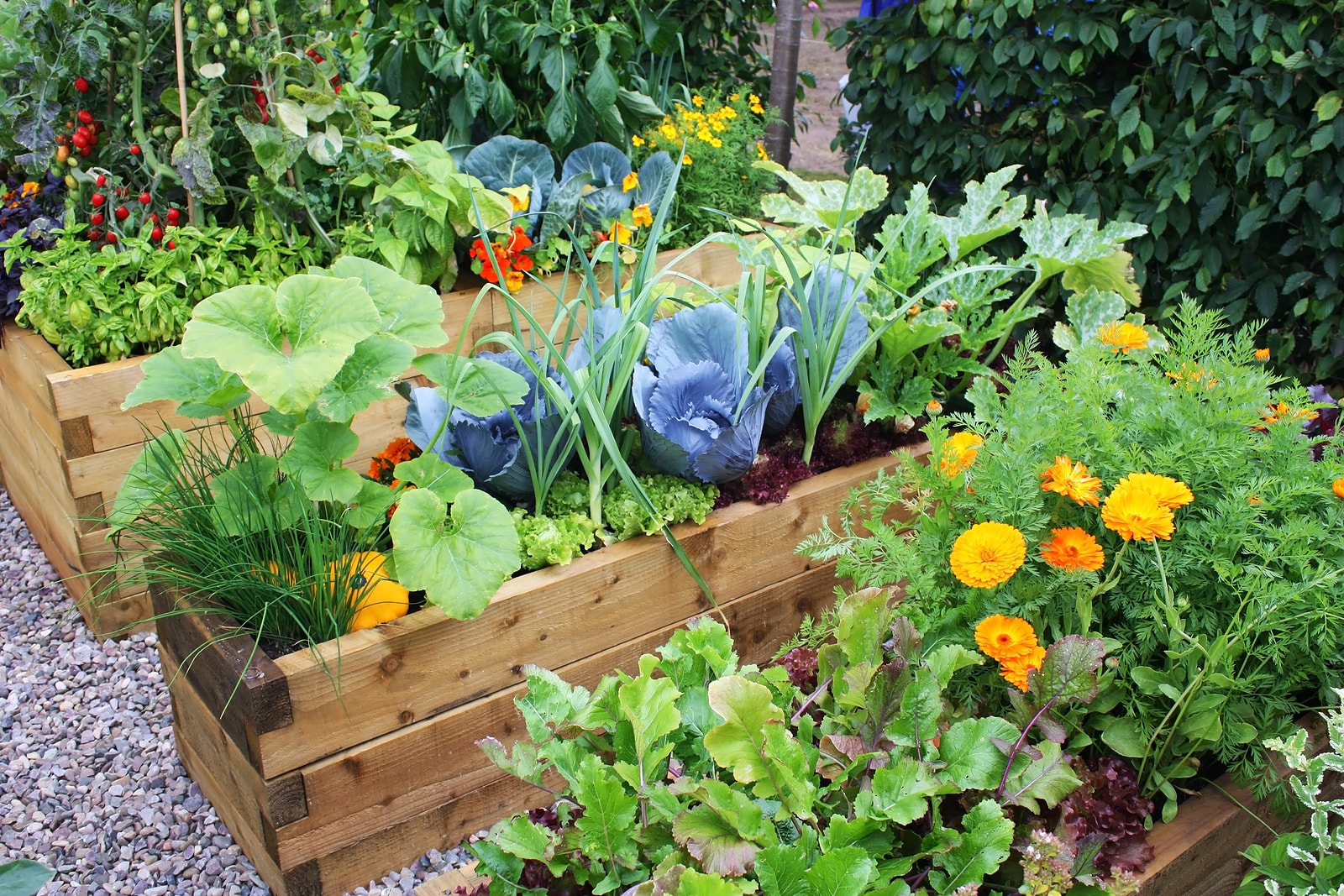
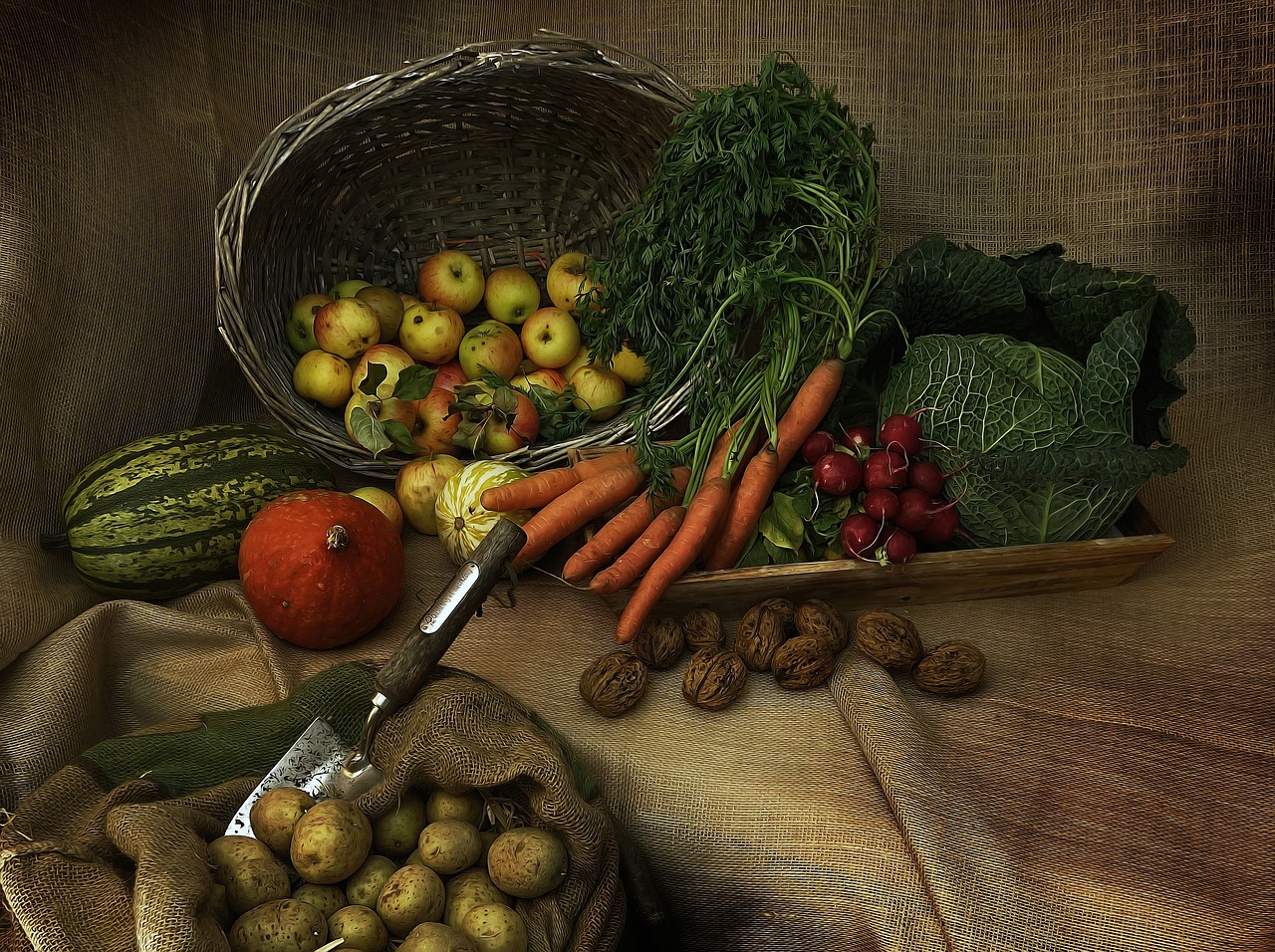
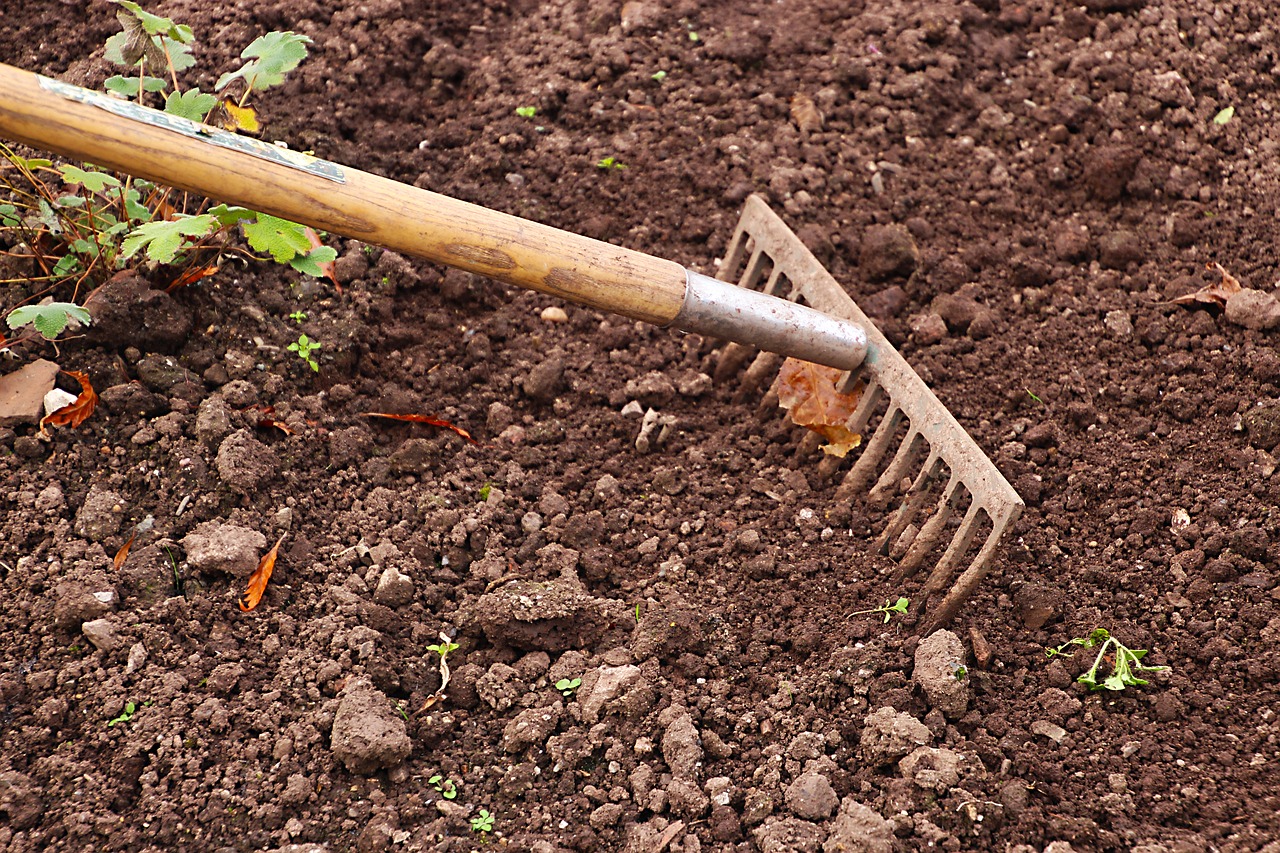
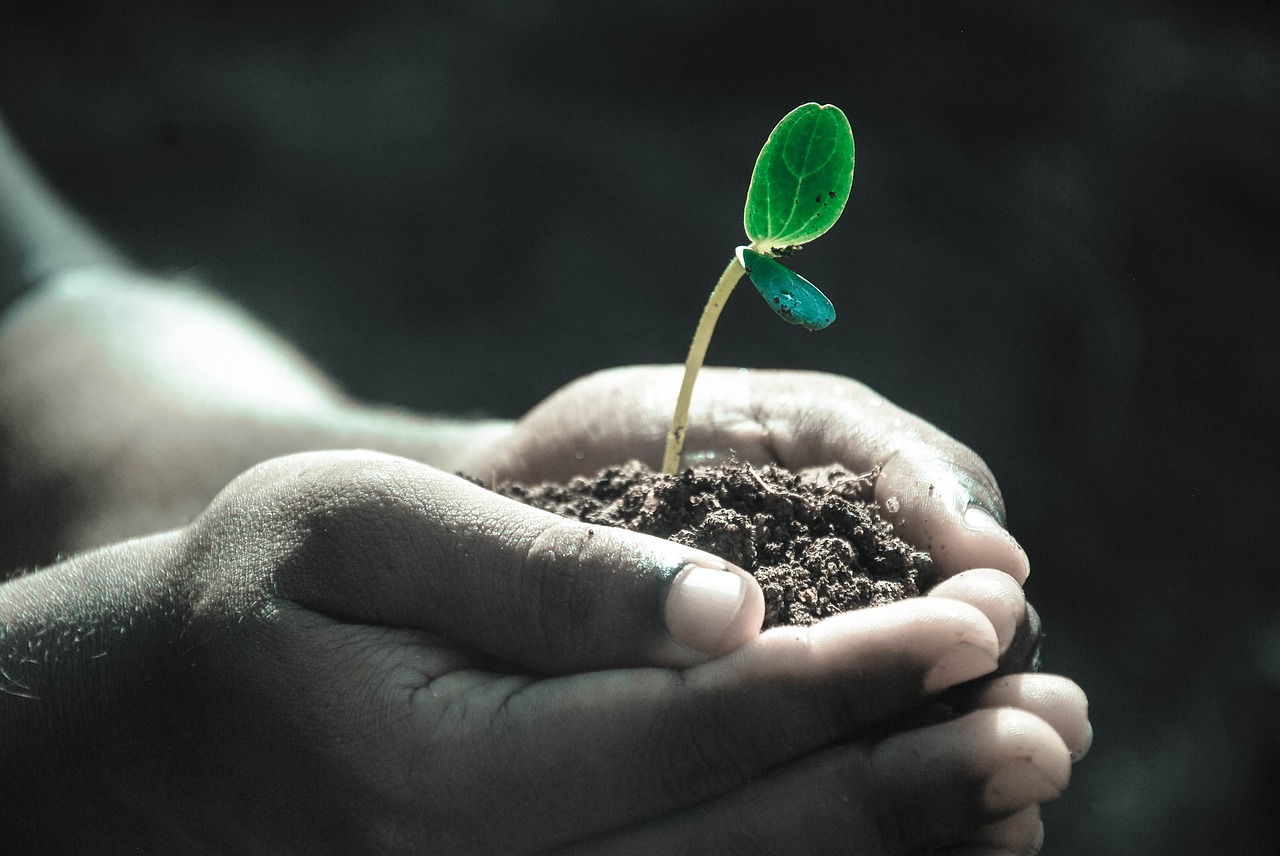
Leave a Reply